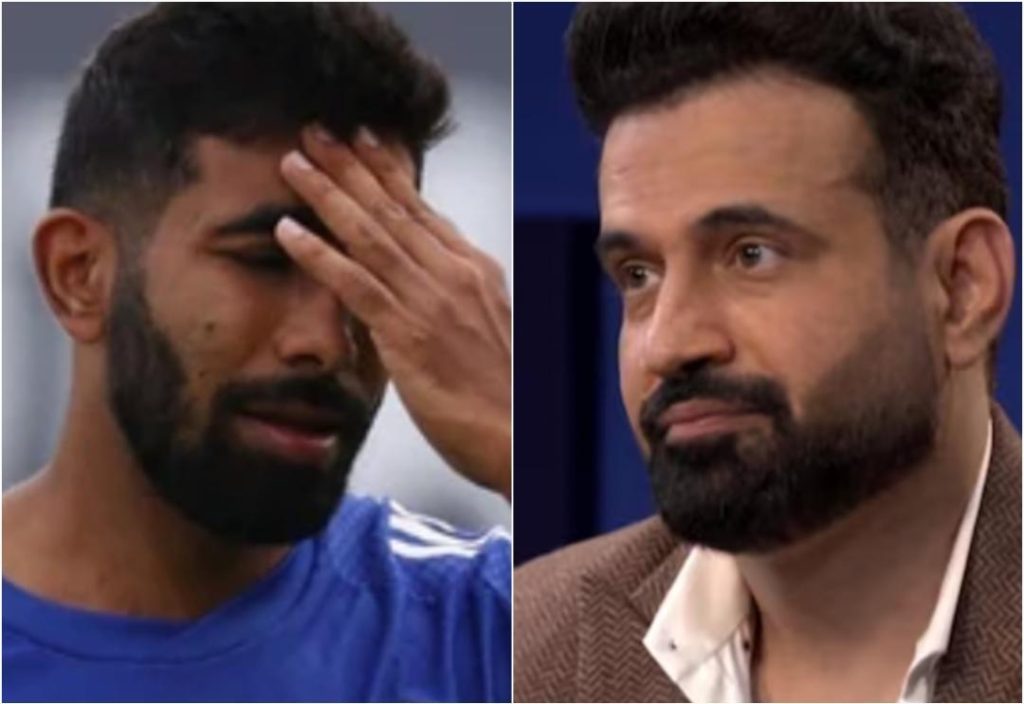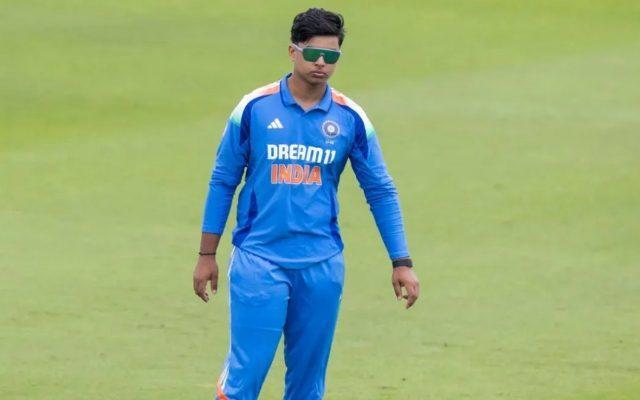
Title: You Can’t Pick & Choose if Selected for India: Irfan on Bumrah
The Indian cricket team’s strategy to rest Jasprit Bumrah for the second Test against Sri Lanka has sparked a heated debate, with many questioning the decision. Ex-Indian cricketer Irfan Pathan has joined the chorus of criticism, stating that if a player is selected for the Indian team, they cannot pick and choose when they want to play or rest.
Bumrah’s absence from the second Test has raised eyebrows, with many feeling that it is an unnecessary move. The fast bowler has been one of the most successful bowlers for India in recent years, and his absence will be deeply felt in the upcoming Test. However, the Indian team management has cited workload management as the reason for his rest.
Irfan Pathan, who played 136 Tests and 170 ODIs for India, has expressed his disagreement with the decision. In an interview with News18, he said, “If you’re selected for the Indian team, then because of workload, you cannot pick and choose. You have to be available for every game, whether it’s a Test, ODI, or T20. You can’t say, ‘I’ll play only when I feel like it.'”
Pathan’s point is well-taken. When a player is selected for the Indian team, they are expected to be available for every game. The team’s success is dependent on the collective effort of all players, and if one player is not available, it can have a significant impact on the team’s performance.
Furthermore, Pathan believes that the absence of Bumrah will create a ripple effect in the team’s dynamics. He said, “When a player like Bumrah is not available, it’s not just about replacing him with someone else. The whole team’s strategy changes. You have to think about who will bowl in his place, who will take his wickets, and who will lead the attack.”
The Indian team has often struggled with the absence of key players, and Pathan believes that this is an opportunity for the team to address this issue. He said, “We need to have a plan in place for when our top bowlers are not available. We can’t just rely on one or two bowlers to win us matches. We need to have a solid bench strength and be able to rotate our bowlers effectively.”
Another player who is likely to benefit from Bumrah’s absence is Akash Deep, a young fast bowler who has been included in the squad. However, Pathan believes that Deep’s performance will suffer due to the uncertainty surrounding his role in the team. He said, “When a player like Bumrah is not available, it’s hard for a newcomer like Akash Deep to establish himself. He’ll play only during Bumrah’s absence, and that’s not a stable environment to perform in.”
Pathan’s criticism of the Indian team’s decision to rest Bumrah is not entirely unfounded. The team’s reliance on a few key players has been a cause for concern in the past, and this decision only adds to those concerns. The Indian team needs to have a more robust strategy in place for when its top players are not available.
In the context of Test cricket, which is often a marathon, the Indian team needs to have a plan in place for when its top bowlers are not available. Bumrah and Mohammad Shami are two of the most successful fast bowlers in the world, and their absence will be deeply felt in the team. Pathan believes that India needs to plan for Tests assuming that Bumrah and Shami won’t always be available.
The Indian team management needs to rethink its strategy and prioritize the team’s success over individual player preferences. If a player is selected for the Indian team, they should be expected to be available for every game, regardless of workload management.
In conclusion, Irfan Pathan’s criticism of the Indian team’s decision to rest Jasprit Bumrah is well-founded. If a player is selected for the Indian team, they cannot pick and choose when they want to play or rest. The Indian team needs to have a robust strategy in place for when its top players are not available, and prioritizing the team’s success over individual player preferences is essential.






